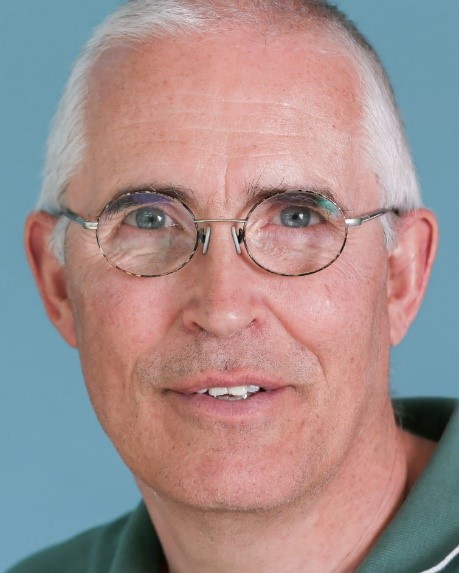The first of these online seminars will take place on February 4th from 16:00-17:00, and will be given by two speakers of the original conference. The keynote speaker will be Prof. Dr. Johan Auwerx of the EPFL in Lausanne, Switzerland. He will be joined by Dr. Jeffrey Kroon of the Amsterdam University Medical Center.

Prof. Dr. Johan Auwerx (EPFL, Switzerland)
Prof. Johan Auwerx received an M.D. and Ph.D. degree from the Katholieke Universiteit in Leuven, Belgium. He is currently professor at the Ecole Polytechnique Fédérale in Lausanne, Switzerland, where he heads a research group that uses systems physiology and genetics to understand the link between transcription, mitochondria, metabolism, and aging. The research group applies a translational approach by using a state-of-the-art biological toolkit to study a variety of model systems, ranging from the plant Arabidopsis thaliana, over the nematode Caenorhabditis elegans and the mouse all the way to humans. “Our research has not only allowed the development of new methodologies and scientific approaches, as exemplified by the development of cross-species multi-layered genetics/omics gene mapping strategies, but also contributed to improved understanding of how signaling pathways control mitochondrial function and metabolism.”

Dr. Jeffrey Kroon (Amsterdam UMC)
Dr. Jeffrey Kroon is an Assistant Professor at the department of Experimental Vascular Medicine, Amsterdam UMC in the Netherlands. His research line vascular metabolism focuses on elucidating the role of the metabolic-inflammatory axis in driving cardiovascular disease. Currently, he and his team are working on mapping endothelial cell metabolic changes in response to atherogenic stimuli in both an in-vitro and human setting. He obtained his PhD from Sanquin Research and Landsteiner Laboratory, University of Amsterdam, where he researched the molecular mechanisms behind leukocyte transendothelial migration. One of his ambitions is to selectively target intracellular metabolism in order to combat cardiovascular disease.
